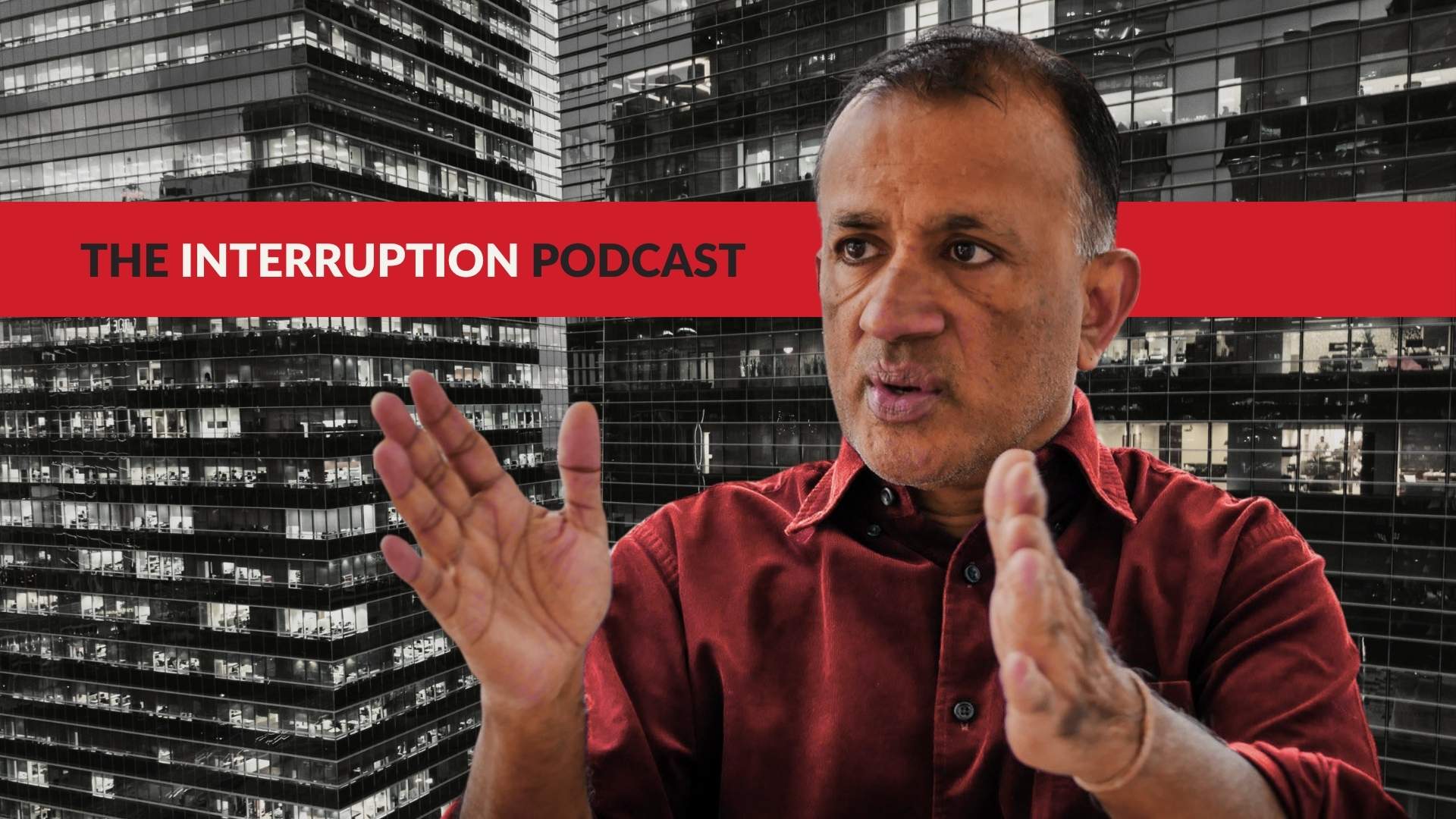A few weeks ago, I shared some ideas on what I believe HR and L&D practitioners should be doing to make a meaningful impact, add value, and obtain satisfaction from their roles.
I was pleasantly surprised by the significant interest it generated. Since then, I have been asked to share my observations on leadership within large companies.
I have over three decades of experience working with the CEOs and Boards of some of the world’s largest companies, but I have rarely shared my experience and insights in writing. This is partly because there are a plethora of books and articles on the topics (typically boring and formulaic) written by authors who are observers from afar, rely on case studies, or are corporate insiders unwilling to spill the beans. They typically avoid the inconvenient truths and nitty-gritty aspects of leadership failings. How else does one get invited to be the management guru for CEOs, given that the truth hurts.
They often claim that people are the key, yet they rarely give much attention to HR or L&D issues. Thus, the gatekeepers thrive and do little to push the organisation forward.
“
Here are a few short, high-level insights about leadership shortcomings that I have observed as persistent within large companies. I could write a book that cuts even deeper.
- Few modern day corporate leaders genuinely want to make a real difference as they are salaried employees, with large bonuses attached. Therefore, they do not make consequential decisions unless it is for personal gain. They often use delegation as an excuse to avoid taking responsibility for critical changes, as delegation is a well-known route to inaction. Many are more interested in their personal rewards (reinforced by quantitative KPIs around financial performance) over the long-term viability and success of the organisation. Even the best leaders can be swayed by short-term perverse incentives. Consequently, securing their positions and perks becomes a primary focus.
- They are often disconnected from the broader organisation, except for the C-suite and perhaps the C minus 1. As a result, they remain unaware of the widespread inefficiencies, bureaucracy, and the entrenched gatekeepers who have flourished and refuse to allow new ideas to thrive or help with shifting the company to keep up with the times. Disruption is reserved for tech ideas only.
- They often claim that people are the key, yet they rarely give much attention to HR or L&D issues. Thus, the gatekeepers thrive and do little to push the organisation forward. Often, the leaders lack the basic soft skills for true engagement with staff. Boards, shareholders, etc., are to blame for picking CEOs who are considered successful and rewarded for delivering on KPIs, and especially numbers. Most other key issues are an afterthought.
- Far too many leaders rely on advisors and consultants (who dangerously become friends) even when it comes to deciding on direction and strategy. This approach is often seen as the safer bet, but more importantly, many simply do not have a vision. They too easily surrender and become servants of shareholders/investors. Cost-cutting and yet another restructuring, as recommended by consultants, is not vision.
- Additionally, when it comes to having global awareness and appreciation of issues related to existential threats to the business, they are often poorly informed or do not care. They rely on external sources and prioritise PR over substance (e.g., business models which thrive on negative externalities, climate change, AI, etc.), which ultimately renders them incapable of making strategic decisions. A great amount of effort is spent masquerading, aided by long-suffering comms teams.
A key reminder for CEOs and boards is this. 'Business leadership' does not encompass the much broader demands of leadership needed for a good company.
“
These are the inconvenient truths that leaders and organisations must confront if they truly aspire to build resilient companies that thrive well into the future and fulfil the social contract embedded in the license to operate. This requires cultivating an enduring sense of purpose and genuine passion for making a meaningful impact within the organisation beyond self-interest.
A key reminder for CEOs and boards is this. “Business leadership” does not encompass the much broader demands of leadership needed for a good company. There is much more to leading a company than meeting financial metrics and the tyranny of quarterly results. The company is a multi-dimensional and complex entity, and the leader needs to be much more than one who is simply good at delivering narrowly defined business goals.
Chandran Nair
Chandran is the Founder and CEO of the Global Institute For Tomorrow (GIFT), a pan-Asian think tank dedicated to helping organisations navigate global complexities. His work focuses on the shift of economic and political influence to Asia, the evolving role of business in society, and the transformation of global capitalism.






